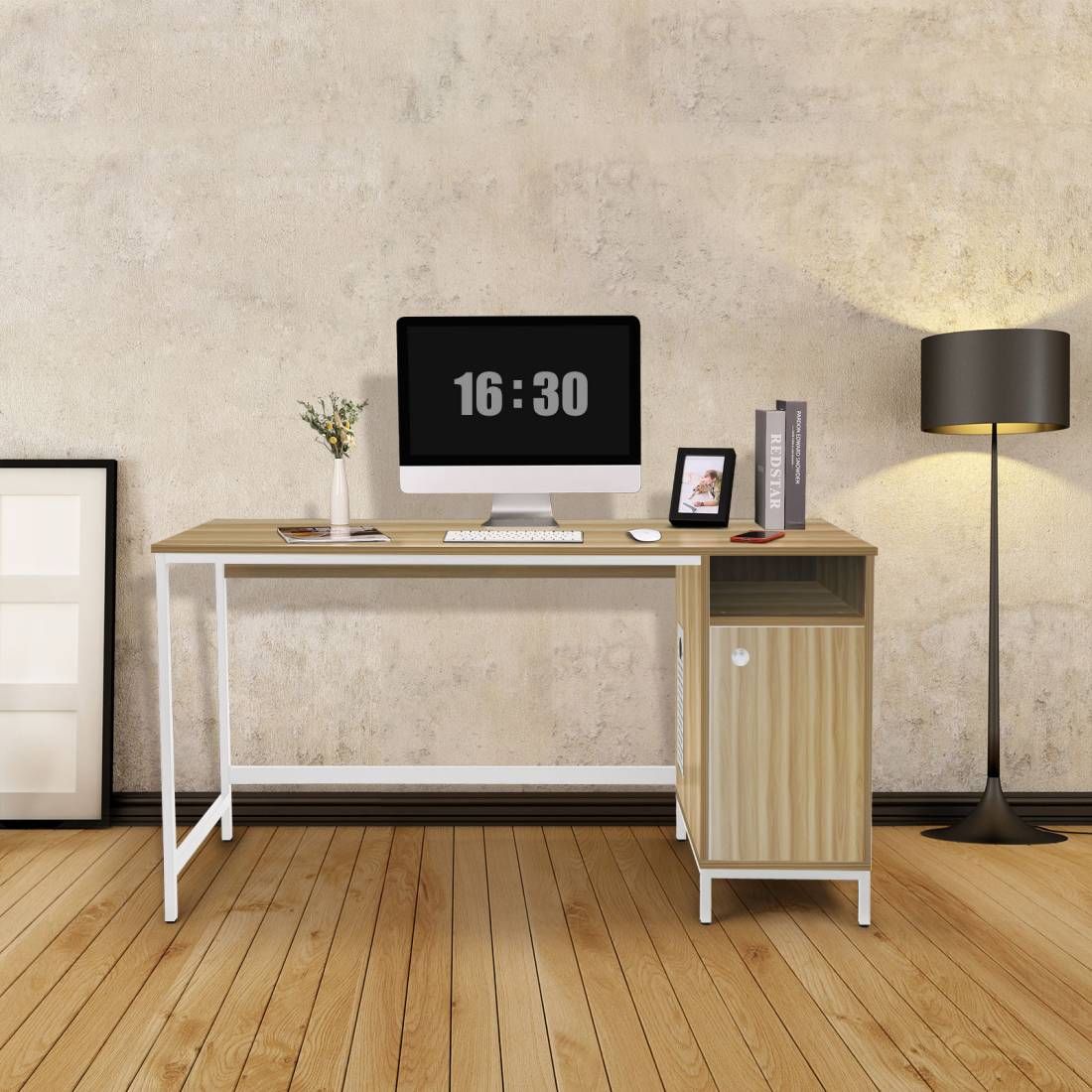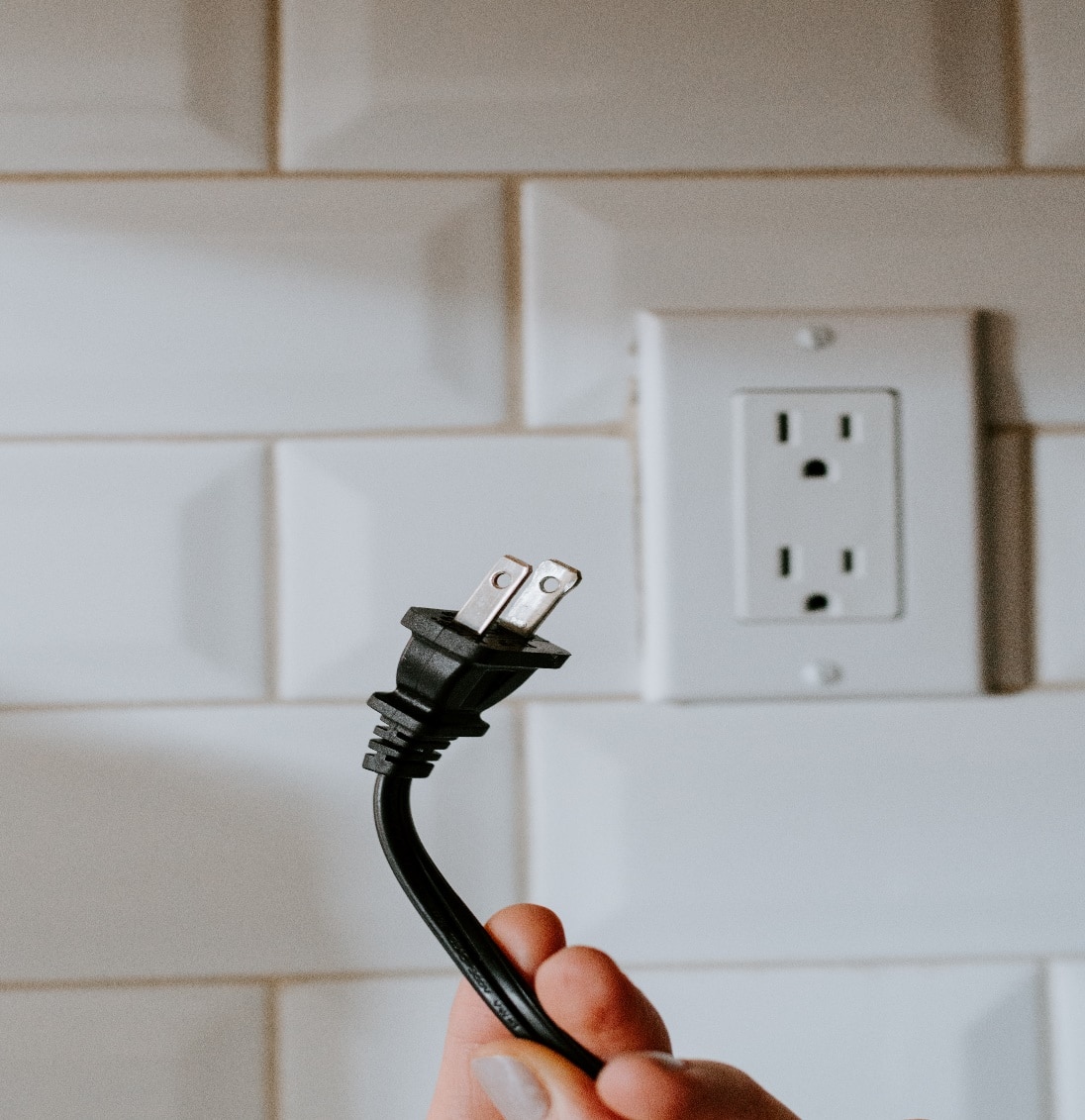Personal computers aren't as expensive as they once were. However, that doesn't imply you should replace them regularly, especially because chip technology has long since achieved a "good sufficient" level for many users. Moreover, most recent programs can operate just perfectly on PCs three to six years old—or perhaps older! —and the transition to the internet only renders outdated PCs less of a performance stumbling block.
Increasing RAM or expanding hard disk drive capacity are wonderful methods to boost speed right away, but there are many other, more straightforward ways to help increase the life span of your PC. For example, maintaining your system physically hygienic, taking some basic preventative measures, and using sound judgment in everyday use can extend the life of your computer by years. In addition, ensure you know about gadgets that every worker needs to be more productive with work.
Keep it gleaming
With enough time, practically every PC becomes dirty with dust, grime, hairballs, and other hostile goop, assuming you operate in a sterile environment. If the filth is allowed to persist long enough, it can smother the circuitry within your computer, causing extra heat and stressing the components. It can degrade efficiency and possibly lead to early death.
Invest in a high-quality desktop to keep your PC safe. For this, you can opt for Flexispot’s top-quality desktop that has been both affordable and durable for years. You must clean your personal computer desk properly every four to six months, dependent on the climate. Isn't it possible that now is the right time? Make it a part of your house cleaning!
Allow your computer to breathe

When it pertains to heat, airflow is also critical. Your case's heat spreaders and fans can assist, but they'll struggle to maintain the PC cool if the environment is stifling. So, make sure your computer has enough ventilation. Do not, for example, install the towers inside a desk on your desktop computer. Also, keep the PC away from any heating vents or space heaters.
Stop hard disc problems before they become a disaster.
Caused by improper shutdowns, failures, and other problems, hard drives might become corrupted with file system faults and bad regions. If things become very severe, this damage can harm files, create performance degradation and red screens, and even prohibit Microsoft from launching. However, the damage is usually diagnosed and immediately fixed using the Check Disk program that arrives with Windows.
As a result, if you're on Windows operating system or earlier, these are much more of a problem. However, error management enhancements with Windows 8 can automatically repair many files and disk problems.
Maintain a defragmented hard drive.
Data on standard hard drives can get fractured or scattered over the drive-in in different places. Splitting not only slows the drive down because it needs to jump around to get to the far-flung information but also makes it work harder. Reformatting the drive on a regular schedule can assist in eliminating this unnecessary work, resulting in less wear and strain on the drive.
Then for the great news: Modern copies of Windows now dynamically defragment your hard drive, so you only have to bother about physically running the defragment software in Windows XP and older, which you should just not be using anyhow.
Protect yourself from power spikes.
Computers are made up of many delicate circuits and equipment, so any switching frequency can cause many problems. Spikes or surges of just about any size can put your system under strain and destroy the power source and other equipment in the worst-case scenario. Isn't it true that connecting the laptop to any ordinary surge suppressor will solve the problem? Unfortunately, it's not that simple.
Voltage regulators can lose their safety feature only with one better power surge or spike, but they can still charge your gadgets, providing you a false sense of confidence. Check the status of your surge protector—your PC's life may depend on it. (Note: Some models have a condition light, although it could just mean it's getting electricity.
Safeguard against power outages

A rapid power failure can also cause complications with your computers, such as losing stored files or destroying your hard drive or files. You'll need an Uninterrupted Power Supply (UPS) to defend yourself from this. It's essentially a surge guard with constructed batteries that will immediately activate if your house or workplace loses power, whether it's just a flickering or a complete blackout. But, of course, because computers and mobile gadgets already have a charge, that's not an issue.
The number of hours a UPS can keep the performance of your computer is determined by the UPS's storage capacity and the wattage necessary to drive your specific equipment. Even the smallest capacity should provide enough power to save files and correctly shut down the PC for at minimum a few seconds. Many include software that you can download to watch the UPS and immediately close it down if you cannot respond.
Defend against malware
Software-based mitigation should be considered. While malicious software rarely inflicts physical harm, the expense of mitigating the mess caused to your private or computer files can be substantial. Some even conceal your overall structure and won't release unless you pay a large ransom—or wipe your disk drive and begin over.
Do not treat your laptop as if it were a light switch.
If you don't need your desktop to be on all the moment, you should turn it off when it's not in use that would save money on electricity. It's fine to turn it off once a day (for example, at night). However, turning it on and off numerous times per day damages the elements by causing the equipment to shrink and expand as the temperatures inside the system change. Visit Flexispot to order your PC desk with shelves and enhance the life of your computer or laptop.